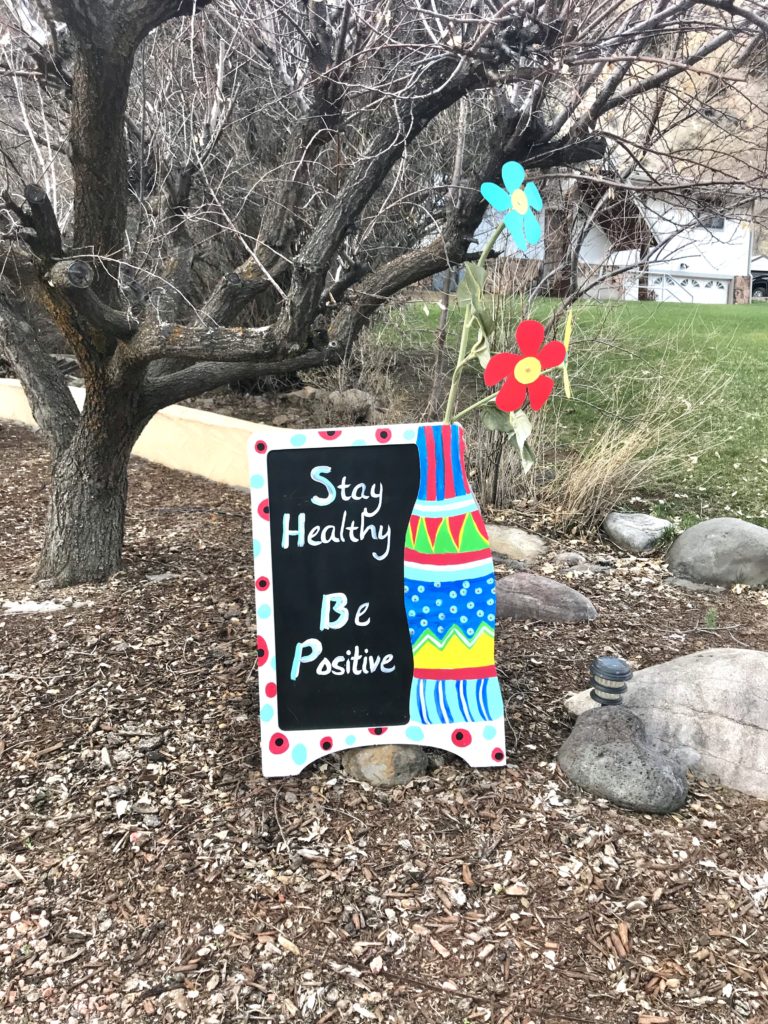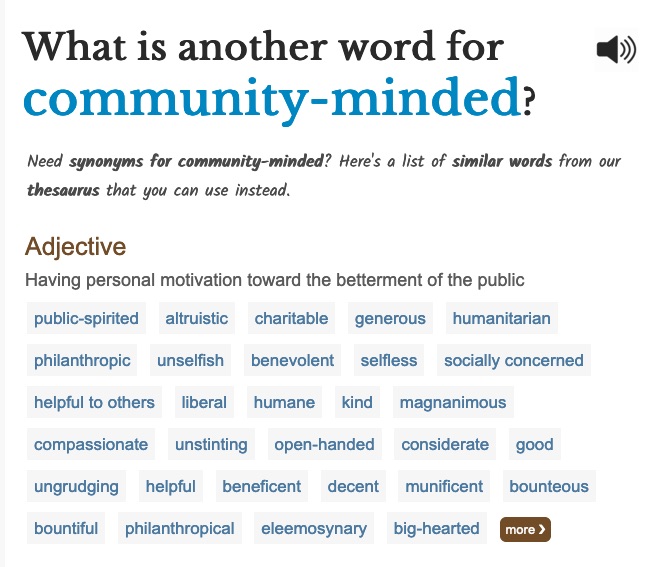Last week saw the inauguration of Joe Biden and Kamala Harris. With a change in administration comes an entirely new set of priorities in everything including Covid relief, health care, climate change, the economy, racism / racist policy, and international relations to name a few. As if these challenges weren’t already systemic and complex, it is unclear is how we will move forward, out of the cloud of disinformation and extremism. Problems like these require a proactive approach but in order to be proactive we need accurate and defensible information. Our interdependence… call it shared fate, requires unity and a willingness to cooperate in the face of these extreme problems. Will we face these problems united?
“…without unity there is no peace, only bitterness and fury, no progress, only exhausting outrage, no nation, only a state of chaos. This is our historic moment of crisis and challenge. And unity is the path forward. Hear me clearly: Disagreement must not lead to disunion.“
Joe Biden – Inauguration on Jan 20, 2021
As I watched the swearing in and listened to the speakers, ministers, singers and poets I am encouraged to believe that we can repair the damage; damage in our confidence, in our institutions and in each other. Harris and Biden have the knowledge and skills in government that can help us repair the damage to agencies and their dedicated staff but they cannot succeed without the will of us all. I hope our representatives find consensus within the opposition, a willingness to rally resources that serve the needs of ALL people. People want to work, feed and support themselves and their families. But right now they need help. Better to put out immediate fires of the economy than let them build and consume it to the point of no return.
There are already questions about what and how the legislative agenda will be organized. How will the Biden administration balance a progressive agenda with mainstream agendas? How will they develop support from the ranks of Republicans; especially those that want to continue the assault on anything “democratic”. Acknowledging that a significant number of people question the legitimacy of the election, we need to find a way to restore faith in our government. What started as a “Tea Party”, questioning the need for taxes, has grown into a movement with a range of demands, roots in alternative facts*, not to mention name calling and disrespect. We need to understand the source of this dissatisfaction while we dispel lies.
Now that the incessant messages of the Trump administration have been quieted, it will be interesting to see how “alternative facts” are promoted. While there is no such thing as an alternative fact, it is essential that we practice and teach ourselves methods for separating fact from fiction.
In the early days of the Internet I considered digital literacy an important skill for children in our school district. At the time it seemed like a good idea. Now I would say it is a matter of survival. Without this basic skill, the long term survival of democracy, not to mention our health, is at risk. We need look no further than the misinformation that has been spread alongside the spread of Covid-19. If people can be led astray on something as essential as their personal health, then anything seems possible. Digital literacy isn’t about telling people what to believe, but giving them tools to separate opinion from fact and fact from fiction.
“Alternative facts” was a phrase used by U.S. Counselor to the President Kellyanne Conway during a Meet the Press interview on January 22, 2017, in which she defended White House Press Secretary Sean Spicer’s false statement about the attendance numbers of Donald Trump’s inauguration as President of the United States. When pressed during the interview with Chuck Todd to explain why Spicer would “utter a provable falsehood”, Conway stated that Spicer was giving “alternative facts”. Todd responded, “Look, alternative facts are not facts. They’re falsehoods.” – Wikipedia


